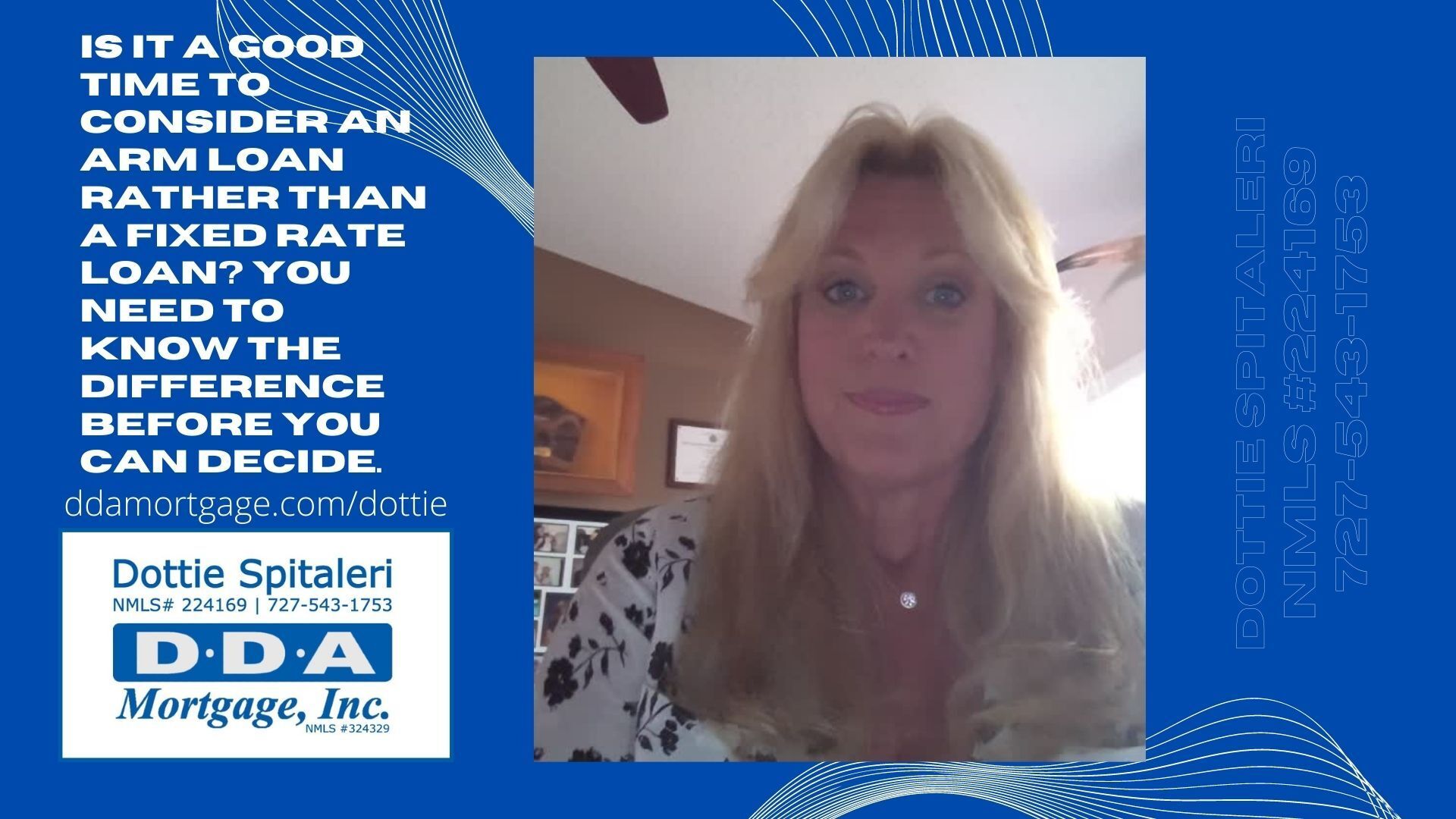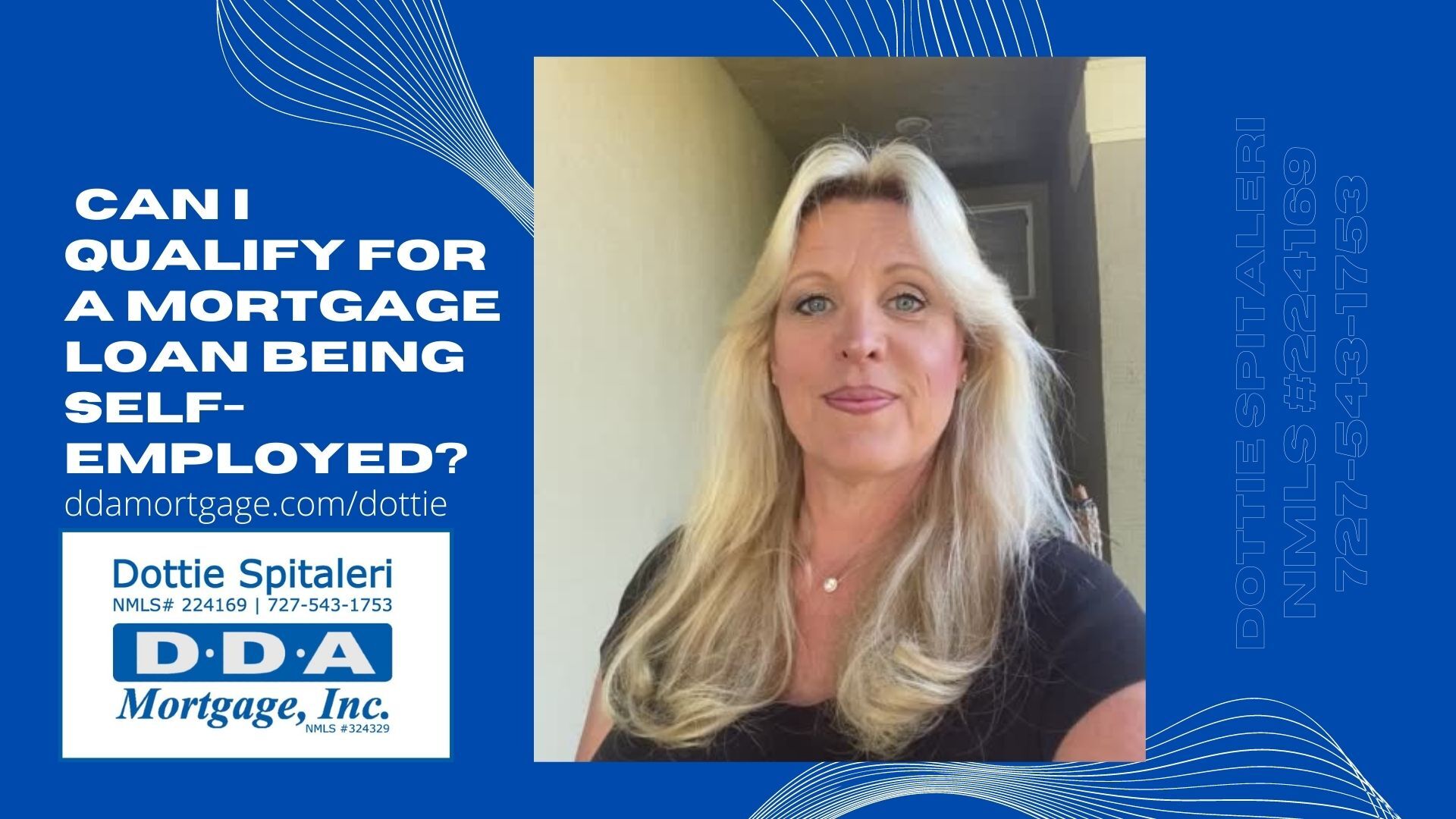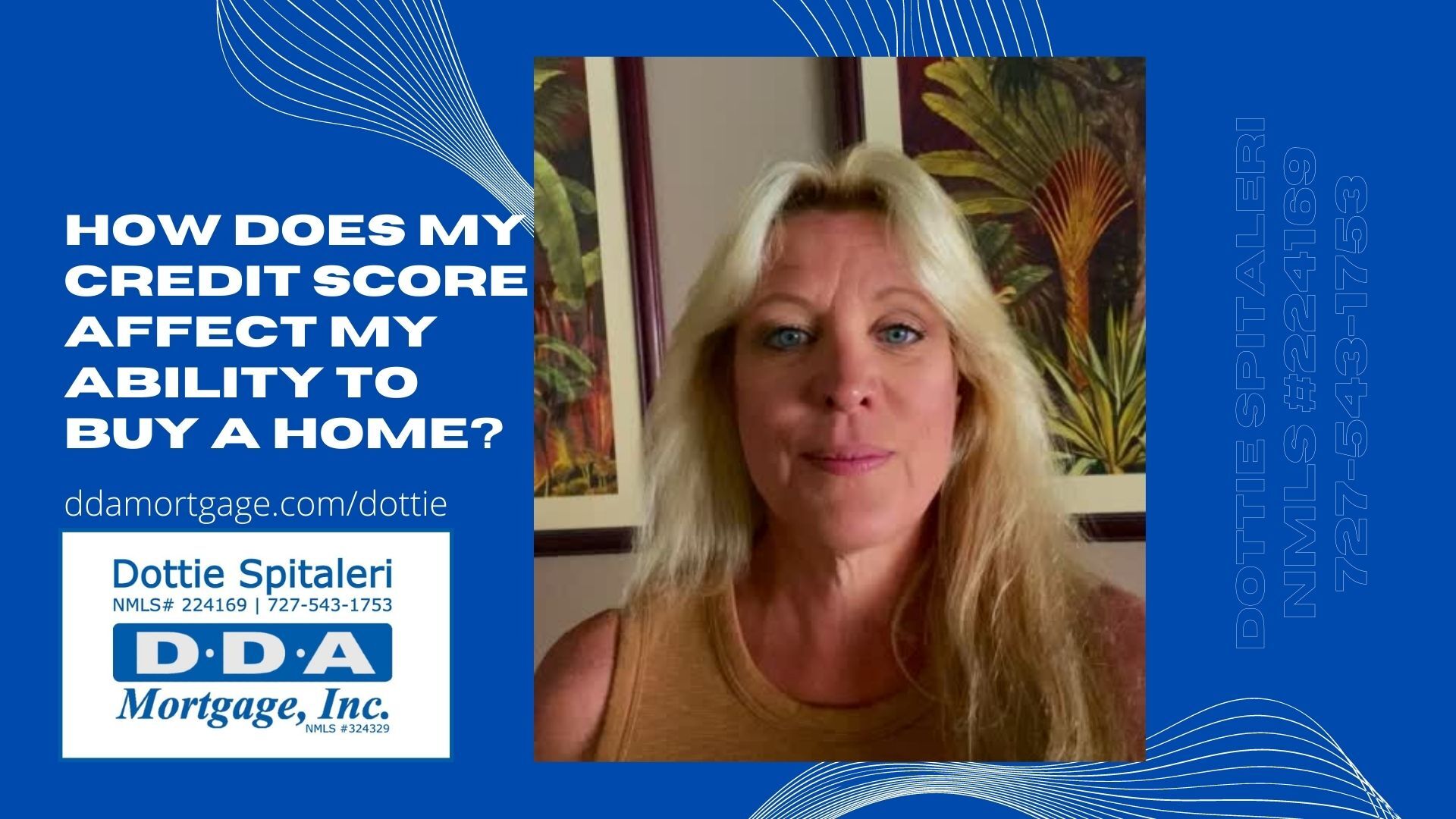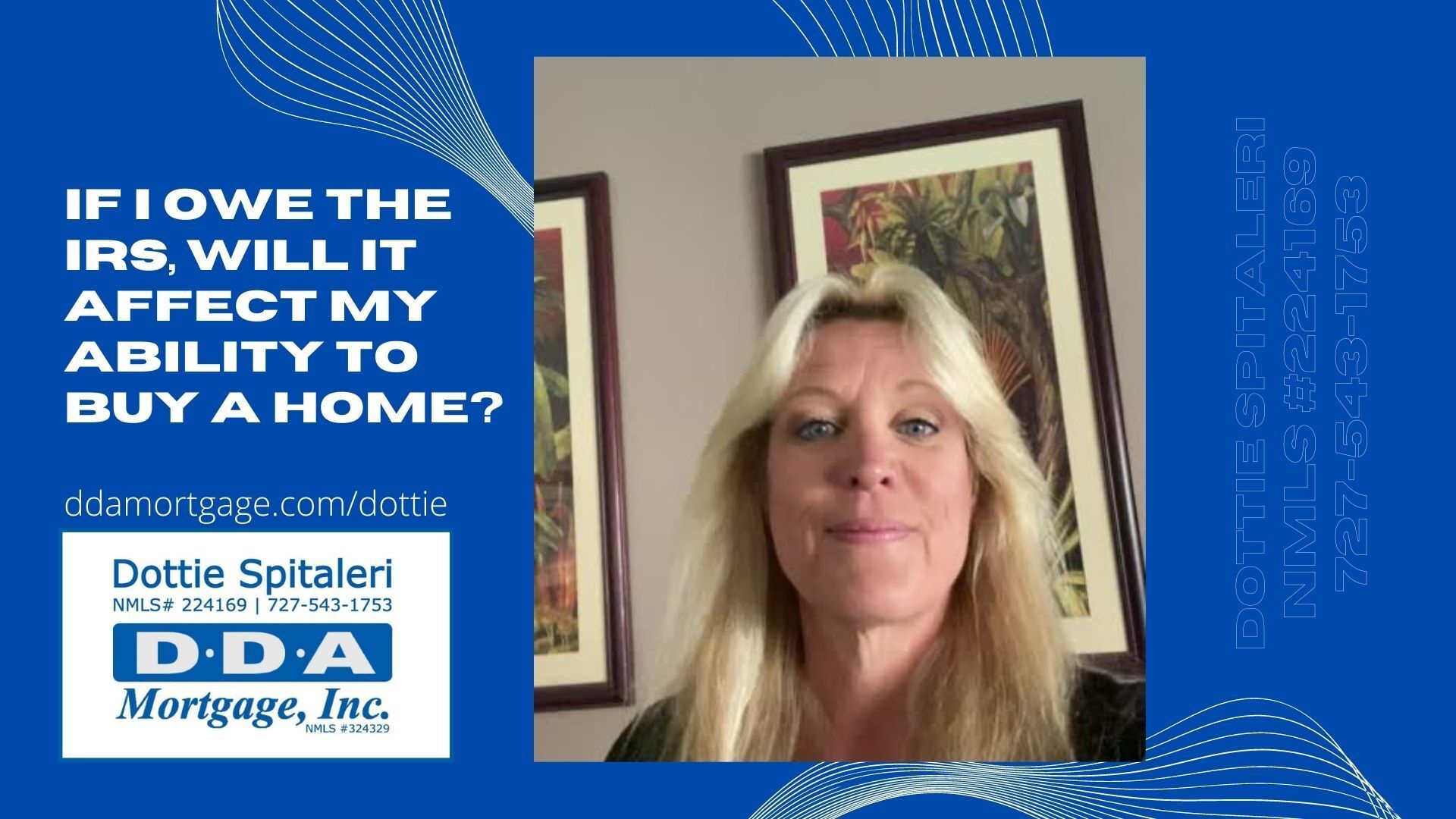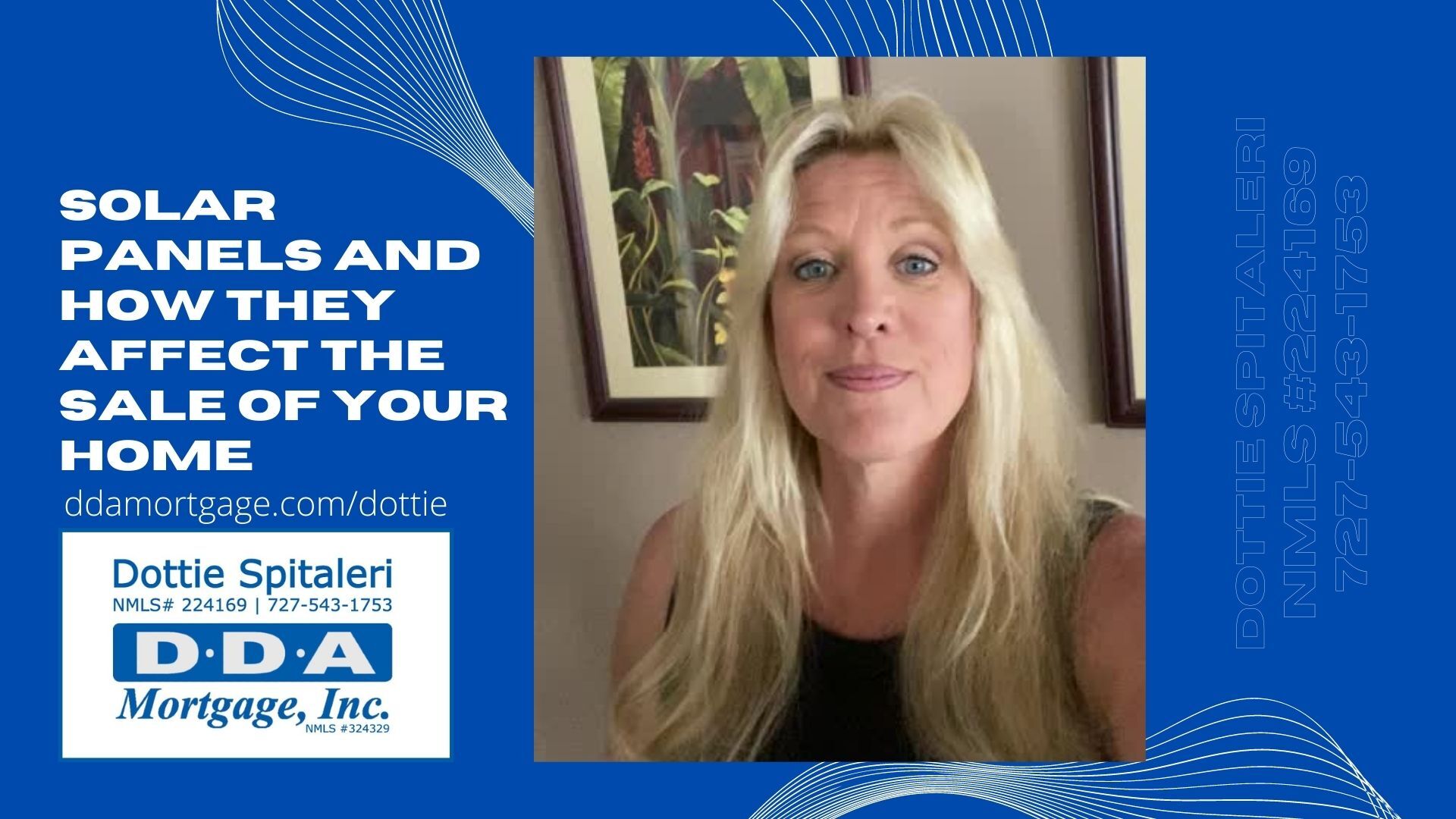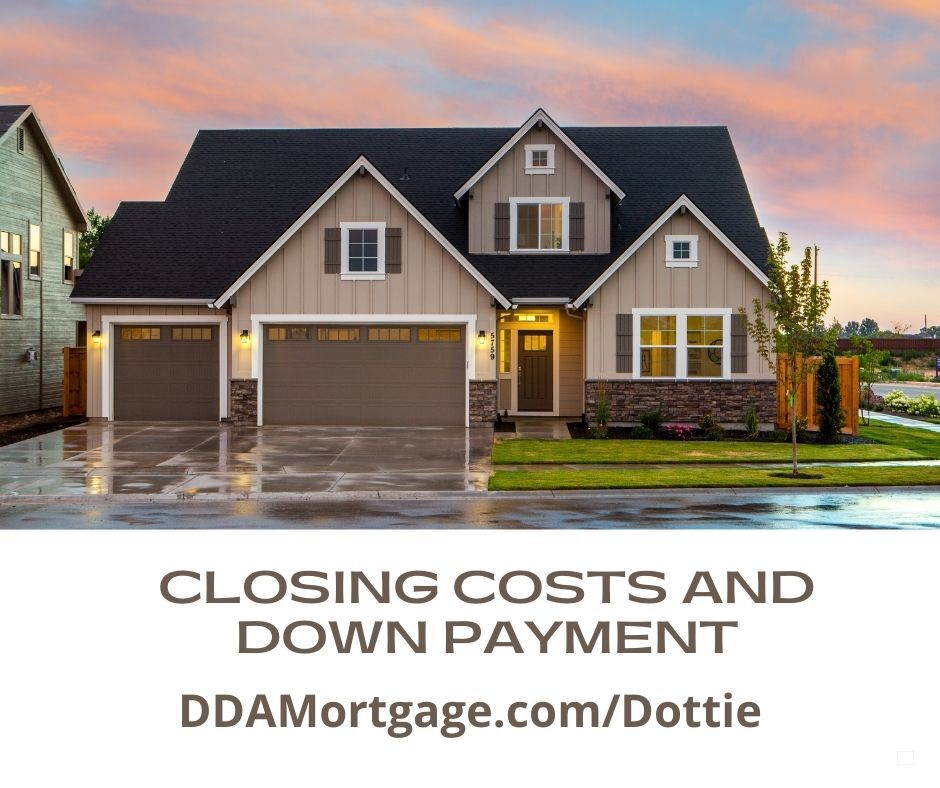By Dottie Spitaleri
•
May 3, 2022
Interest rates are certainly on the rise and from the looks of the current market, they are rising faster than we would like. An adjustable-rate mortgage may make sense if you are trying to buy with the lowest possible rate without having to pay discount points. This product may keep you in the same purchase price bracket since the fixed rates have gone up quite a bit just in the past few months. Before you make any decisions, you need to further understand how the adjustable-rate mortgage works and if this is the best product for you. What is the difference between an ARM and a fixed rate? A fixed-rate mortgage can offer more certainty because it retains the same interest rate for the life of the loan. That means that your monthly mortgage payment will stay constant for the life of the loan. On the other hand, an ARM may charge less interest during the introductory period, thus offering a lower initial monthly payment. But after that initial period, changing interest rates will impact your payments. If interest rates go down, ARMs can become less expensive than fixed-rate mortgages; but an ARM can become relatively more expensive if rates go up. How does the adjustable-rate mortgage work? ARMs are long-term home loans with two different periods, called the fixed period and the adjustable period. Fixed period: First, there’s an initial fixed-rate period (typically the first 3, 5, 7, or 10 years of the loan) in which your interest rate won’t change. Adjustment period: Then, there’s a period in which your interest rate can go up or down based on changes in the benchmark. Mortgage rates are determined by a variety of factors. These include personal factors like your credit score and the broader impacts of economic conditions. Your rate is fixed at its introductory rate in this example, 3.33 percent. After five years, your rate can reset once a year. The new rate depends on several factors such as the index on which your rate is based, the margin the bank adds to your index, and your loan caps. So, if your loan caps limit your increase to two percent, the highest rate you can get in Year 6 is 5.33 percent. In the real estate industry, you may see the term 5/1 (2/2/5) used to refer to a 5/1 ARM. The second set of numbers - 2/2/5 - refers to details of the rate caps. These include: Initial adjustment cap: The first “2” is the cap, or limit, on how much your first reset can adjust your interest rate. In other words, at the first reset, after the 5-year introductory period, your ARM may reset your interest rate by 2% in Year 6. Subsequent adjustment cap: The second “2” is the limit on how much your subsequent rate resets can increase your interest rate. Generally, 2% is the standard subsequent adjustment cap. That means that in Year 7, your interest rate may rise again by as much as 2%. Lifetime adjustment cap: This is the cap that tells you how much the interest rate may increase in total over the lifetime of the loan. In our example, in Year 8 and thereafter, the interest rate can only increase by 1% total: 5% (total lifetime cap) - 2% (Year 1 adjustment) - 2% (Year 2 adjustment) = 1% Most ARMs offer a 5% lifetime adjustment cap, but there are higher lifetime caps that could ultimately cost you much more. If you’re considering an ARM, make sure you completely understand how rate cap quotes are formatted and how high your monthly payments could get if interest rates climb. Advantages Of an Adjustable-Rate Mortgage Adjustable-rate mortgages can be the right move for borrowers hoping to enjoy the lowest possible interest rate. Many lenders are willing to provide relatively low rates for the initial period. And you can tap into those savings. Although it may feel like a teaser rate, your budget will enjoy the initial low monthly payments. With that, you may be able to put more toward your principal each month. First-time homebuyers can also enjoy these benefits because you are planning to upgrade to a larger home when you can. If those plans allow you to sell the original home before the interest rate begins to fluctuate, then the risks of an ARM are relatively minimal. The flexibility you can build into your budget with the initial lower monthly payments offered by an ARM gives you the chance to build your savings and work toward other financial goals. Although there is the looming chance of an interest rate hike after the initial period, you can build savings along the way to safeguard your finances against this possibility. Of course, there is always the risk that you won’t be able to sell the house before your rate adjusts. If that happens, you may want to consider refinancing into a fixed rate or a new adjustable-rate mortgage. However, you’re still running the risk that interest rates will have increased at that point. If you are considering an adjustable-rate mortgage you will need to get with me so we can take a deeper look into your finances to make sure that this is the right product for your needs. Please call me for a free consultation at 727-543-1753 . Dottie Spitaleri NMLS# 224169
